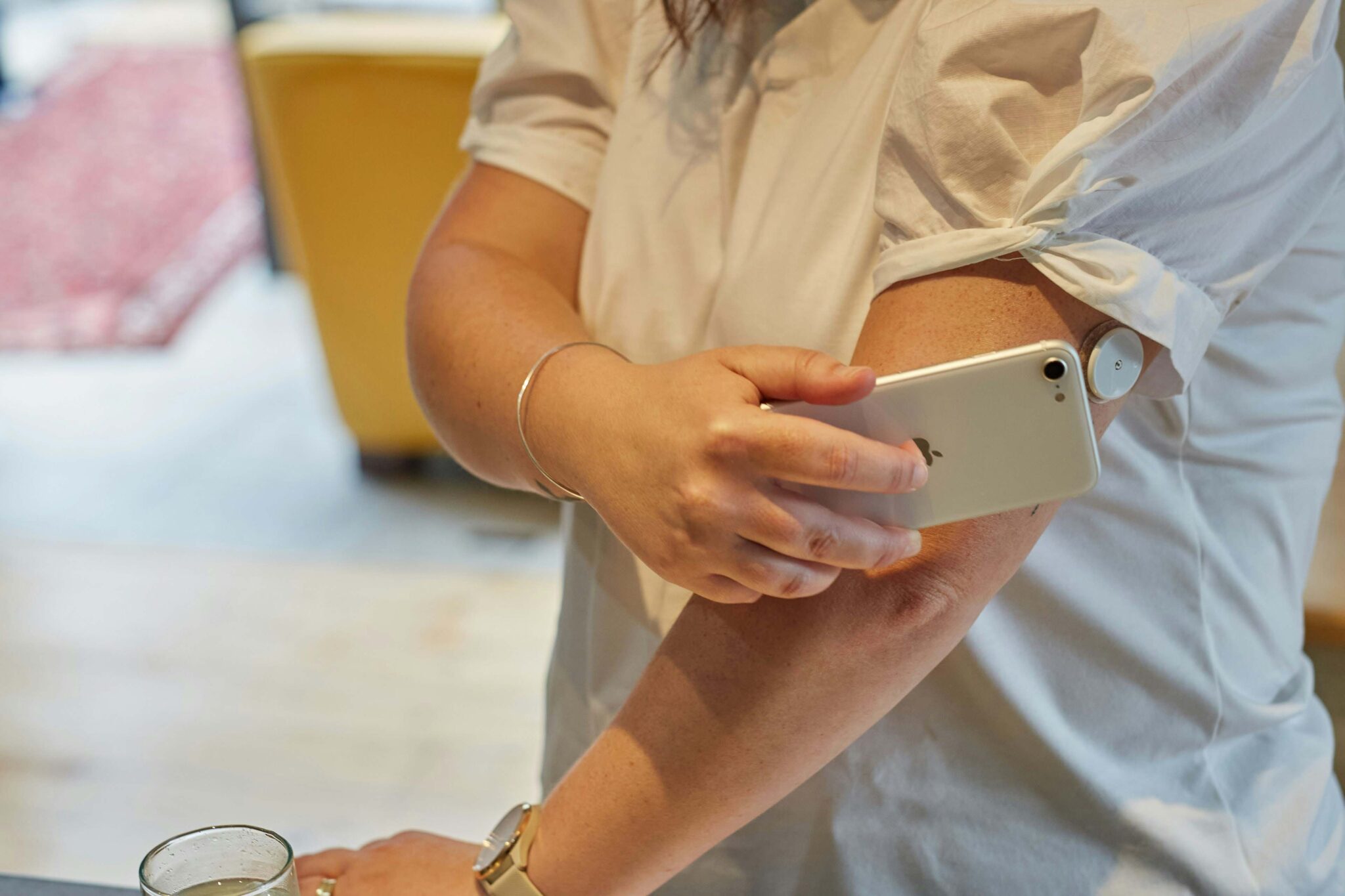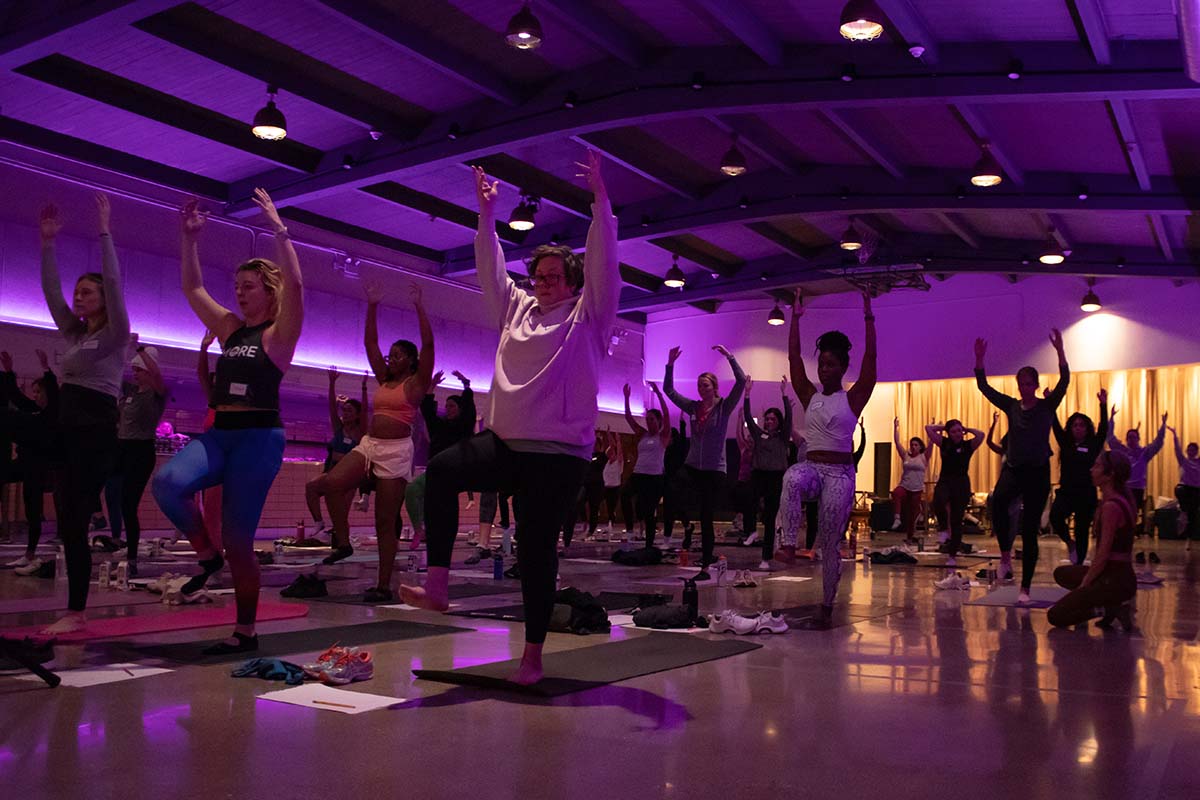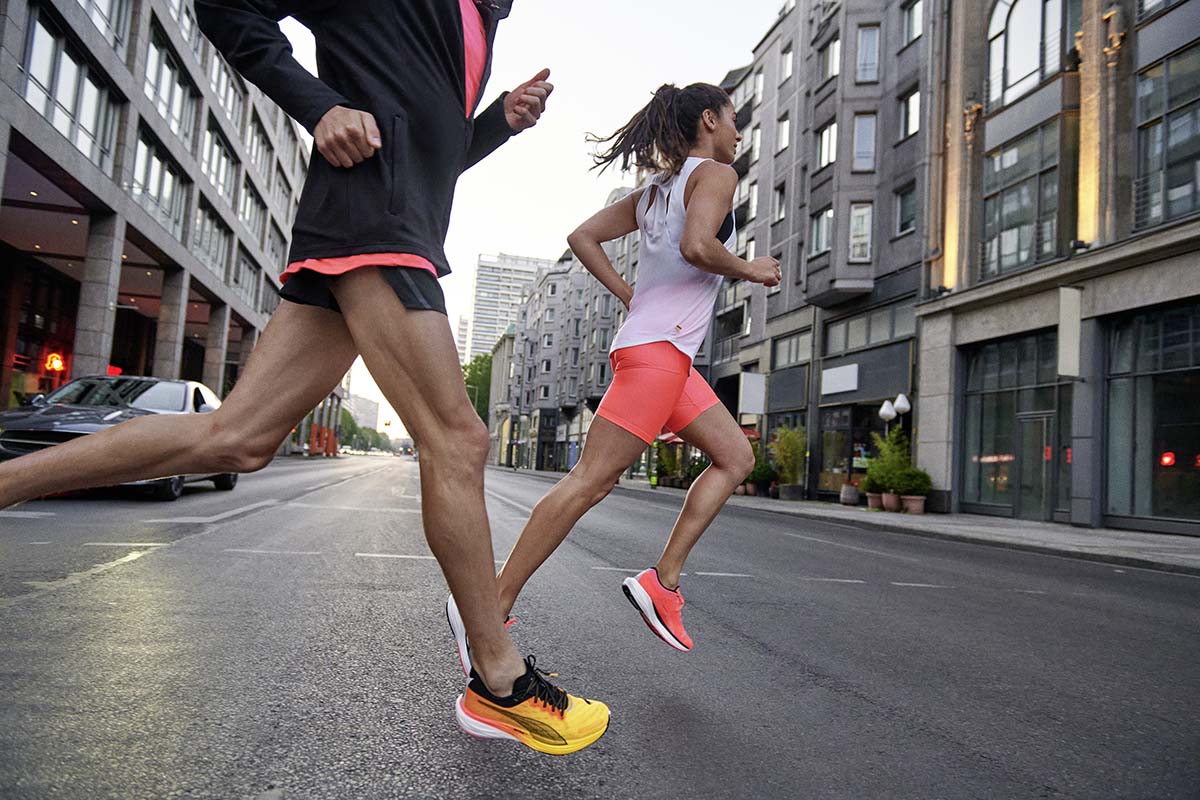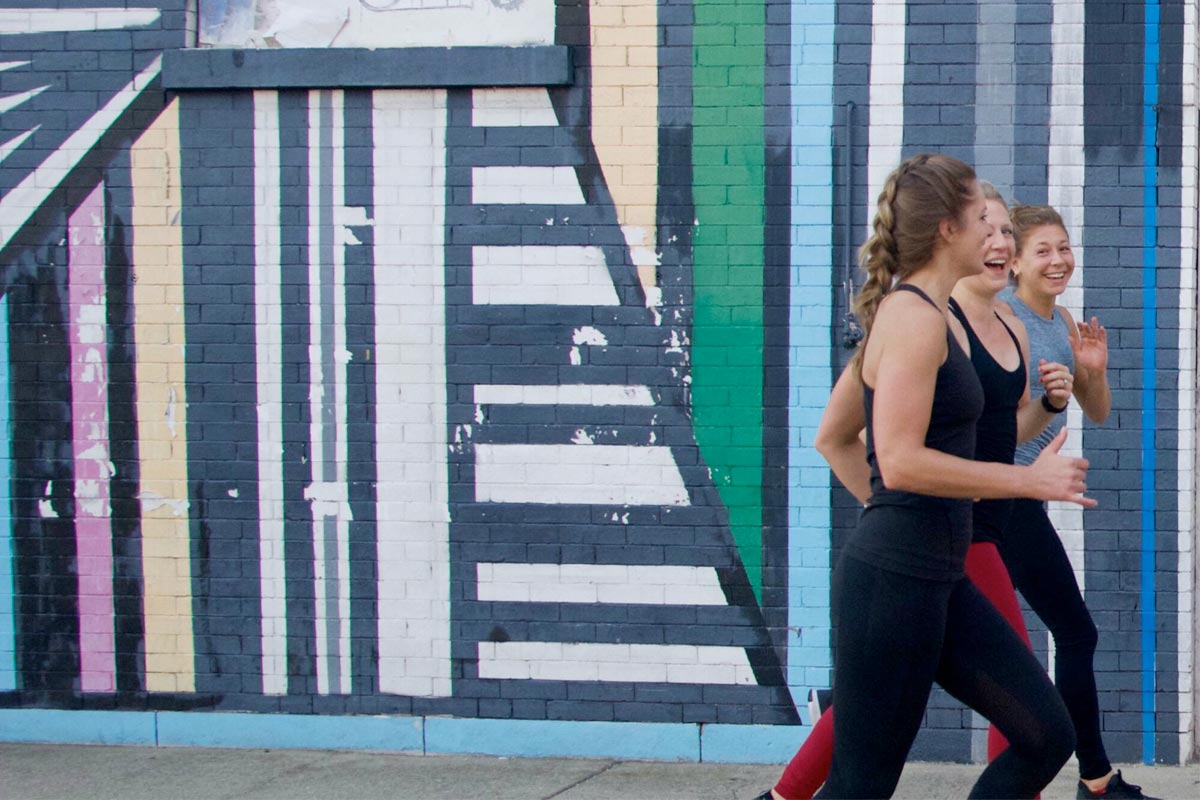6 Products for a Less Wasteful Fitness Routine
Even on the busiest days, a tough morning workout helps me feel less guilty about sitting at my desk, meeting a client for lunch, and then going straight to happy hour with friends. To make my schedule work, I’ll do anything to save a few minutes. As a result, I often adopt small habits to maximize convenience.

Over time, I began to notice that some of my efficiencies were also wasteful and created unhealthy habits. Some days, it felt like I unloaded half of my bag into the trashcan. I began to feel guilty about some of my post-workout decisions.
In my day-to-day life, I’m pretty conscious of my carbon footprint, and I’ve found many helpful ways to reduce my waste at home. However, I was struggling to dwindle down the footprint from my workout routine because I couldn’t afford to sacrifice convenience. After taking a hard look at what I was throwing away daily, I did some research to find substitutes. Then, I began to make small changes over time. Here’s what I recommend for a more sustainable fitness routine:
1. Find a good water bottle
Not only do reusable water bottles avoid waste and save money, but they equip you with fresh (free) drinking water all day to ensure that you stay hydrated, especially after a workout. There are a variety of options for reusable water bottles, so it’s important to find one that works for you.
Consider size: small enough to fit in your bag, big enough that it doesn’t need to be refilled constantly. Consider material: Do you want a metal option to keep it cold or is something lightweight better for you? And finally, consider what’s important to you. For example, I stay much more hydrated with an easily accessible straw, instead of a bottle that requires me to unscrew a lid.
2. Avoid the paper towels!
Especially since the height of COVID-19, the focus on disinfecting, sanitation, and cleanliness – especially in a public place like a gym – is critical. I find myself using more paper towels and disposable wipes to feel better about being around others. I’m also disgusted to see the mounds of barely-used paper in the trash cans at the gym.
In addition to encouraging the gym to use reusable wipes that can be washed with the towels, I personally switched to a reusable cloth, which I can use to wipe down equipment, wipe sweat, or even as a handkerchief… though I don’t recommend one cloth for all of those uses at once! These towels can be easily washed with your sweaty gym clothes at the end of a workout.
3. Get a Pack of Laundry Bags
Not only do the plastic bags in the gym locker room make everything smell funny, but they can’t even be reused. After all, they just get torn apart and thrown straight into the garbage. I use a reusable produce bag at the grocery store, so why was I still putting my dirty laundry in a plastic bag?
Consider using a produce bag for your sweaty gym clothes. The bags can be thrown right into the laundry with your clothes. If you’d prefer a disposable option, a compostable bag can be put into the compost instead of sent to landfill. Still concerned about smell? Try putting an Earth Breeze EcoSheet into your bag at the gym. It can be reused the next day or put directly into the laundry load.
4. Reconsider Snack Options
Energy bars are one of the most convenient options for a post-workout snack. They come with protein-packed nutritional content, they’re bite-sized, and they’re easy to carry. However, they are also often calorie-loaded with added sugar, and because they’re small, we often eat more than we realize. Not only can they be the less healthy choice, but they also produce a lot of extra trash. They’re almost all wrapped in non-recyclable single-use plastic.
A great alternative to this is a balanced serving of fresh snacks. Lower calorie options with natural sugars, like bananas and apples, come with a natural wrapper (their skin) that can be eaten or composted. Homemade energy bars will also contain less preservatives and sugar and can be better packaged in reusable containers.
5. Package Your Food Better
The way your food is transported can have big waste and health impacts. Bringing a food storage container allows you to bring fresh options from home instead of splurging on an expensive, high-sugar option at the store on your way to the gym.
Tupperware can be a good zero-waste way to transport food, but sometimes it can be bulky. I really like reusable food storage wraps, which don’t take up much room and don’t produce waste. They can easily wrap around half of an energy bar or a prewashed piece of fruit to keep it clean.
6. Consider Soap Alternatives
There are a lot of good alternatives to using small, single-use disposable shampoo bottles and body wash. While those little bottles are convenient, they are wasteful and often not very nourishing for your hair or skin. I used to take the unused toiletry items from my hotel room to use at the gym. Then, I found this shampoo bar, a more natural and nourishing zero-waste product that’s easily transported, even when wet, by wrapping it in a reusable food storage wrap. Others have enjoyed Lush Shampoo Bars. I do still collect toiletry items to avoid wasting them, but now I donate them to people in need through this organization.
These may not be the specific products that work best for you, but there are probably similar small substitutes your could make for a more sustainable fitness routine. I encourage you to take a hard look about what you’re throwing in the trashcan after a tough workout. Small changes over time can make a big difference and companies with Zero Waste products, like Public Goods, may be able to remind you of other creative ways to reduce your personal waste.











